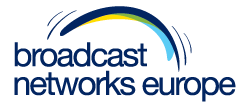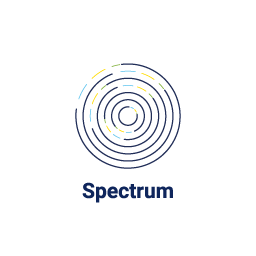Broadcast Networks Europe comments to the [Draft] RSPG Opinion on Spectrum Sharing – Pioneer initiatives and bands
Broadcast Networks Europe (BNE) welcomes the opportunity to provide its comments on the [Draft] RSPG Opinion on a Radio Spectrum Policy Programme (RSPP) (Draft Opinion). BNE is the trade association for terrestrial broadcast network operators, whose main activity is to build, maintain and operate the technical infrastructures for terrestrial broadcasting of TV and radio.
BNE welcomes any initiative that enables innovation and efficient use of spectrum. However, implementation of any spectrum sharing initiatives must take into consideration the regulatory stability necessary to allow businesses and other stakeholders to successfully invest with an acceptable return and, at the same time, allow continued innovation by incumbent users. In this regard, BNE and BNE members are actively contributing in relevant groups and forums to ensure that implications of any sharing impact on existing use and services are examined and considered carefully before any decision on sharing is taken.
Sharing studies protecting harmful interferences on adjacent band.
Europe should learn the lessons from the LTE 800 introduction that caused a significant number of cases of interference to adjacent broadcast services in several member states. In addition to the cost of installing filters needed to protect DTT reception, there was a hidden cost to the platform as a consequence from forced migration of customers to alternative receiving modes. Sharing is possible but careful review must be made to avoid adverse effects.
Technical studies using realistic parameters
In paragraph 3.1 of the Draft Opinion, BNE supports the idea to conduct sharing studies using more representative and realistic technical characteristics. RSPG should encourage the industry to develop more efficient receivers and transmitting systems to facilitate coexistence of services in situations when spectrum is shared. RSPG should also seek coherence of the parameters identified by stakeholders to develop sharing studies. It is nevertheless unclear what is meant by RSPG when in point 15, it is indicated that receivers should tolerate a given degree of unforeseen interference. It would be beneficial to all for this point to be better explained.
Sharing studies avoiding exclusive usage and eviction scenario for incumbent users
BNE members deliver services in the sub-700MHz band, 470 – 694MHz. This band is a good example of successful sharing between different services. The band is primarily used for terrestrial broadcasting, but is effectively shared with PMSE, radio astronomy and white space devices; encompassing a large number of diverse and different services and technologies.
BNE is open to new sharing studies that may allow sharing with new services insofar as this do not cause harmful interference to the incumbent service in co-channel or adjacent channels (See LTE 800 example above). Previous analyses have clearly shown that services such as IMT technologies using FDD/TDD need dedicated spectrum and probably cannot share with other services. However, a downlink-only service may be possible but sharing studies are still necessary to identify the technical conditions that could allow, for example, 5G broadcast to share spectrum with DTT.

